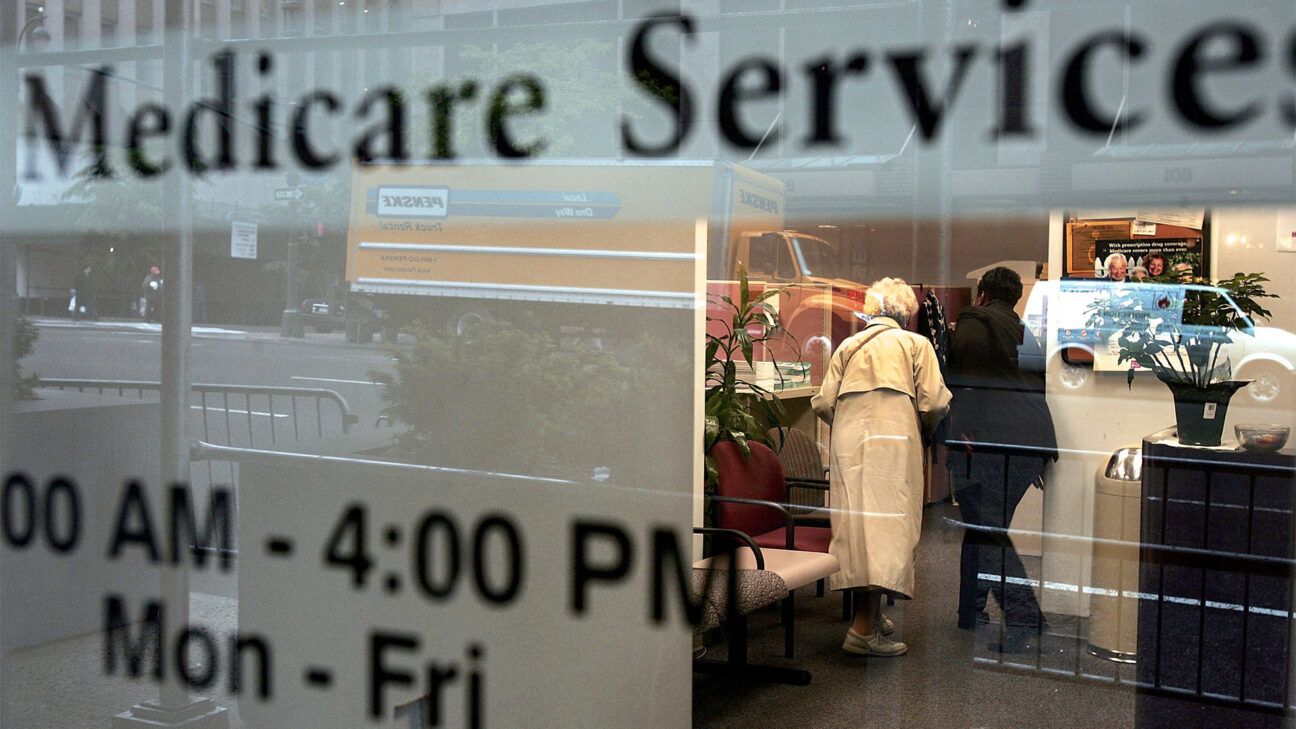
- Fewer Medicare Advantage plans will be available in 2025.
- Some health care providers will stop accepting certain Medicare Advantage plans.
- There will also be a drop in the number of Medicare Part D prescription drug plans.
With the Medicare Open Enrollment Period for 2025 running from October 15 to December 7, consumers should be aware of several major changes in the availability of plans and pricing.
But some of the biggest changes to Medicare will be seen in Medicare Advantage and Part D prescription drug plans.
Here are three key changes you should know as you consider your Medicare coverage for 2025.
Fewer Medicare Advantage plans available
In 2025 there will be an average of 34 Medicare Advantage plans offered in each county in the United States, reported Forbes, falling from 43 this year.
In addition, 6.6% fewer Medicare Advantage plans with prescription drug coverage will be available next year compared to this year. This includes 5.4% fewer plans offered by UnitedHealth Group, and 2.5% fewer plans by Humana.
On the bright side, the average monthly premium on Medicare Advantage plans will be $17.00 in 2025, a drop from $18.23 in 2024, said the Centers for Medicare & Medicaid Services (CMS). This is an average, so some plan premiums may increase.
In addition, benefit options will remain stable, CMS said, including Medicare Advantage supplemental benefit offerings such as hearing, dental, and vision.
However, “a lot of [Medicare Advantage] plans … are adjusting their core benefits or reducing or eliminating supplemental benefits like gym memberships,” said Whitney Stidom, VP of Medicare Operations at eHealth Insurance.
Robert Griffith, senior director at L.A. Care Health Plan, said his group is closely monitoring regulatory changes by CMS, including ones “with an emphasis on addressing health equity, encouraging Medicare Advantage plans to incorporate benefits and outreach efforts tailored to vulnerable populations.”
”These changes, combined with ongoing competition between Medicare Advantage plans in L.A. County, mean beneficiaries are likely to see a broader range of plan choices with expanded supplemental benefits,” he told Healthline.
Some providers won’t accept certain Medicare Advantage plans
Even if your Medicare Advantage plan is still available in 2025, you may find that your health care provider no longer accepts or participates in the plan.
For example, Essentia Health announced that it would no longer accept Medicare Advantage plans from Humana and UnitedHealthcare. Sanford Health, a major medical provider in the Midwest, said it had ended its contract with Humana Medicare Advantage.
In a recent survey by HFMA, about 16% of health systems expect to stop accepting one or more Medicare Advantage plans over the next two years. They cite onerous authorization requirements and high denial rates of these plans.
If you are on a Medicare Advantage plan, your medical care is only fully covered when the provider is in the plan’s network. You will pay all or most of the cost for out-of-network care.
During Open Enrollment, check to be sure your doctors, hospitals and other providers are on your plan’s list for 2025.
Stidom said it’s also important to read the Annual Notice of Change letter sent by your Medicare insurer and to review your options for 2025. Only three in 10 enrollees reviewed their Change letter, a recent survey by eHealth found.
“This year, more than any in recent memory, it is important for beneficiaries to review their plan’s annual notice of change letter and make sure the benefits their plan offers meets their needs,” she told Healthline.
Forbes also reports that in 2025, Medicare Advantage plans will be able to deny coverage of procedures and services recommended by your doctor. When this happens, you either have to skip the treatment or appeal the decision.
Changes to Part D prescription drug plans
There will be about 25% fewer Medicare Part D policies available in 2025, reports CMS. This is the lowest number of policies offered since the start of Part D coverage.
Many of the plans still being offered in 2025 will have higher premiums, deductibles and other out-of-pocket costs, reported Forbes. There may also be fewer drugs covered by a plan, or drugs may be moved to a different tier, which can affect the cost you pay for it.
If you are regularly taking medications, or expect to be in 2025, study the details of your coverage options during Open Enrollment.
Griffith highlighted that “Part D out-of-pocket spending will be capped at $2,000 [annually], as part of continuous efforts to close the Part D ‘donut hole,’ or coverage gap.” This change is due to the Inflation Reduction Act.
“Perhaps one of the biggest fundamental changes to Medicare Advantage is the new Medicare Prescription Payment Plan, which is designed to help the most vulnerable enrollees lower monthly expenses and improve prescription drug affordability,” he said.
This allows enrollees to pay for their prescription drug costs in monthly installments rather than all at once when they pick up their prescriptions. All Part D plans are required to offer this option, but participation by enrollees is voluntary.
Takeaway
Medicare Open Enrollment in 2025 will see several key changes that may affect your coverage. One major change is that there will be a drop in the number of Medicare Advantage plans. However, the average monthly premium on Medicare Advantage plans will decrease in 2025 to $17.00, down from $18.23 in 2024.
Some health care providers will no longer accept or participate in certain Medicare Advantage plans. Medical care is only fully covered if a doctor, hospital, or other provider is in your plan’s network, so check your plan’s list for 2025 to make sure your providers are listed.
In addition to a drop in the number of Medicare Part D prescription drug plans in 2025, many of the plans will have higher out-of-pocket costs including premiums and deductibles. There may be also be fewer drugs covered by a plan, or certain drugs may be moved to a higher-priced tier.
